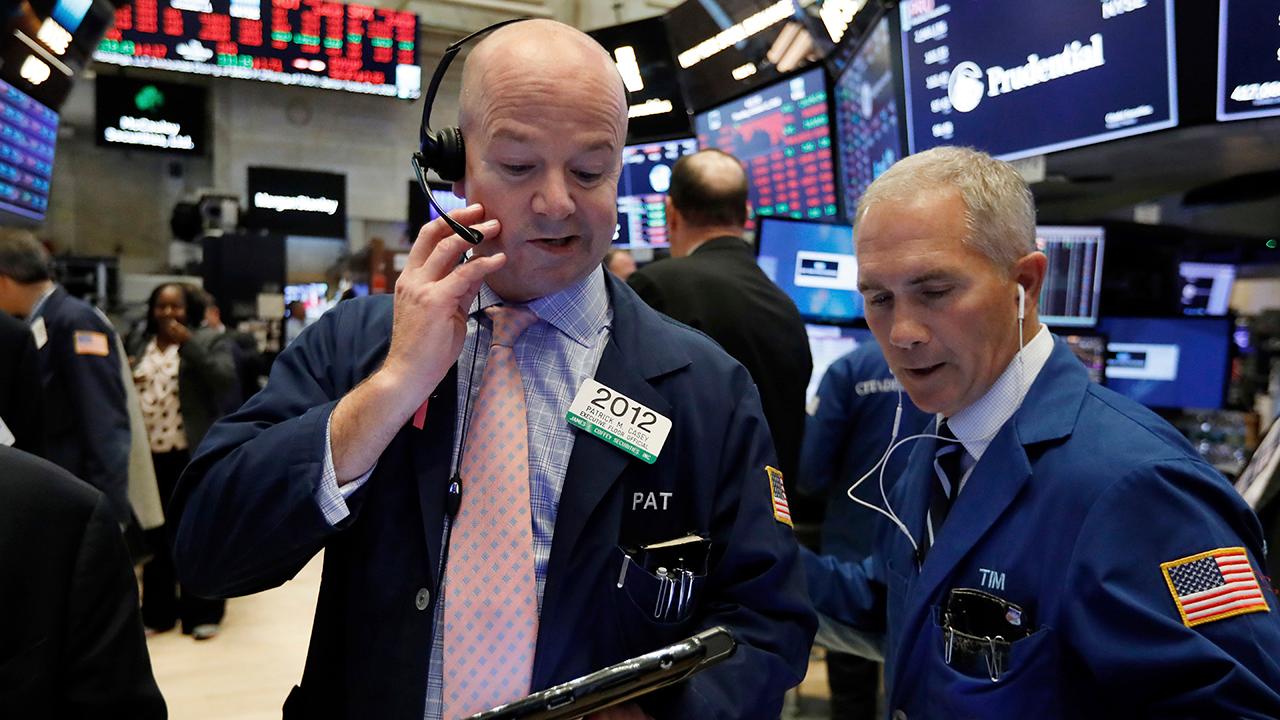T-Mobile-Sprint $26 billion deal enters do or die review period
The “shot clock” on the merger of telecommunication giants T-Mobile and Sprint is about to start ticking again.
U.S. telecommunications regulators will be launching their final review of the $26 billion merger on Thursday of next week, after a two-and-a-half week period in which they halted the process to obtain additional public comments on the landmark merger.
The shot-clock is an informal deadline imposed by the Federal Communications Commission—one of two government bodies that must sign off on the merger—that gives the agency 180 days to make a decision. The so-called clock can be halted, as it was a couple of weeks ago, in order for regulators to obtain more public commentary on the pros and cons of contentious mergers.
But once the clock is running, it is a signal to other government agencies to finalize their review of any deal under scrutiny. The T-Mobile-Sprint merger needs regulatory by the FCC and maybe more importantly, the U.S. Justice Department’s Antitrust Division.
The FCC must determine if the T-Mobile-Sprint deal is broadly in the public interest, while the DOJ is weighing a more-dicey issue of whether the combined carrier will violate antitrust laws and lead to higher prices for consumers. People with knowledge of the deal say both FCC and DOJ will likely signal their intentions by late April or early May, even if final approval won’t come until June when the shot-clock has run its course.
Spokesmen for the FCC and DOJ antitrust had no comment.
How regulators will vote on the landmark merger has transfixed Wall Street and the telecommunications industry with insiders looking for any possible clue to determine what the government might decide on the deal’s outcome.
And the stakes are high. The merger, announced in the spring of 2018 is among the most significant in the rapidly changing telecom business and could transform the industry. But it isn’t the size of the deal that makes the merger so important. Rather it is the major economic and national security implications the deal represents amid massive competition in the area of 5G, or fifth-generation, technology.
U.S. policy makers worry that China-backed telecom companies like Huawei will take the lead in the development of the ultrafast 5G wireless technology, depriving the US economy of hundreds of billions of dollars in economic growth. China could also use its equipment and technology as surveillance tools, US officials fear. Huawei has previously denied it intends to use its technology for espionage purposes, but the Trump Administration isn’t buying the argument and has made advancing 5G a major policy goal (A Huawei spokesman had no immediate comment).
Competition over 5G may work in the deal’s favor, as reported by FOX Business. Trump’s antitrust chief Makan Delrahim, as well as Ajit Pai, the FCC chairman, are said to be open to the companies’ argument that the merger will help U.S. wireless carriers compete and win in the 5G race against foreign players like Huawei. Delahrim’s mandate is to make sure the merger comports with the Clayton Antitrust Act, and not lead to price gauging because of a decline of competition. But the companies have argued that a T-Mobile-Sprint combination will be stronger, and more effective in preventing the Chinese from monopolizing 5G.
But there are also competing interests at play. The DOJ antitrust division is giving the deal a rigorous review because the number of major wireless carriers would shrink from four to three (AT&T, Verizon, and the combined T-Mobile/Sprint), and could lead to consumers paying more for wireless services, critics argue.
In 2014, the Obama administration shot down a proposed deal between the two after Masayoshi Son, who runs Japan’s Softbank, which is Sprint’s largest shareholder, met with DOJ officials and pitched that the combined company would be in a better position to compete with AT&T and Verizon, the companies that control the vast majority of wireless profits and customers.
The rationale for killing the deal back then was simple: That the number of wireless carriers were going to shrink from four to three, and that could lead to higher prices for telecommunications services.
CLICK HERE TO GET THE FOX BUSINESS APP
But the business friendly Trump Administration has been more open to such mergers, giving the companies hope the deal will go through. Unlike his Obama administration counterpart, Delrahim hasn’t summarily rejected the combination of the companies on the grounds that it is reducing the number of major wireless carriers from four to three. In June of last year, Delrahim was asked about the antitrust implications of having fewer wireless carriers and stated: “I don’t think there’s any magical number that I’m smart enough to glean about any single market.”
Still, it’s unclear as how the FCC or DOJ will ultimately rule on the matter, which means the companies have yet to close on their argument that the deal isn’t anticompetitive, people with knowledge of the deal say. DOJ officials aren’t totally convinced the merger won’t lead to price increases, even as T-Mobile CEO John Legere has vowed not to raise prices on wireless services for three years.
“(The companies) biggest hurdle is to convince the regulators that there will not be higher retail prices in the first couple years of the merger,” said a person with direct knowledge of the talks between the companies and regulators. “There is a lot of back and forth on that so obviously the companies haven’t closed the deal.”




















